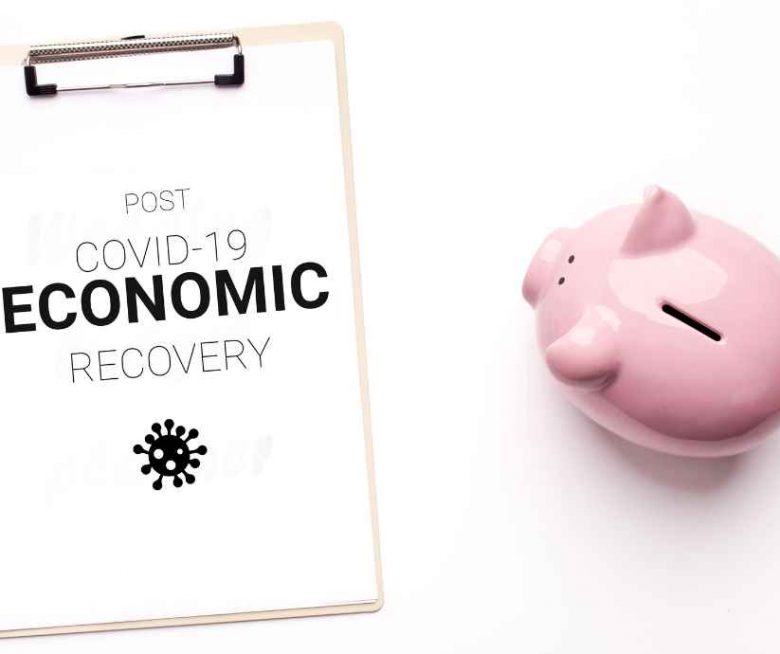The COVID-19 pandemic brought the global economy to a standstill, causing widespread disruptions and economic hardship. However, as the world emerges from the grips of the crisis, a new chapter in our economic history begins the post-pandemic economic recovery. This period presents both challenges and opportunities as nations work tirelessly to rebuild and create a more resilient and sustainable future.
One of the crucial elements in post-pandemic economic recovery is restoring confidence among individuals, businesses, and investors. Governments and central banks play a vital role in instilling stability through supportive fiscal and monetary policies. By implementing measures such as stimulus packages, tax incentives, and interest rate adjustments, they aim to boost consumer spending, promote business investments, and maintain liquidity in financial markets.

The pandemic exposed vulnerabilities in various industries, leading to significant disruptions and job losses. As economies recover, there is an opportunity to rebuild industries with resilience and sustainability in mind. Governments and businesses should prioritize sectors such as healthcare, technology, renewable energy, and digital infrastructure, which have proven to be critical during the crisis. Investments in these areas can spur innovation, create jobs, and drive sustainable growth in the long term.
SMEs, often the backbone of economies, were hit particularly hard by the pandemic. To ensure a robust recovery, governments must provide targeted support to help SMEs rebuild and thrive. This assistance can come in the form of financial aid, access to credit, business training, and digital transformation initiatives. By empowering SMEs, governments can foster entrepreneurship, job creation, and inclusive economic growth.
The post-pandemic recovery is an opportunity to invest in human capital, ensuring a skilled workforce for the future. Governments and educational institutions should focus on reskilling and upskilling programs to equip individuals with the necessary knowledge and competencies for emerging industries. This investment in human capital not only helps individuals secure employment but also enhances overall productivity and competitiveness on a national level.

The pandemic accelerated the adoption of digital technologies across industries, highlighting the importance of digital transformation. To thrive in the post-pandemic era, businesses must continue to embrace technology and innovation. Governments can support this transition by providing incentives for digital infrastructure development, promoting e-commerce, and facilitating digital literacy programs. Embracing digital transformation can enhance efficiency, expand market reach, and drive economic growth.
The post-pandemic economic recovery should prioritize sustainability and inclusivity. Sustainable practices, such as transitioning to renewable energy sources, reducing carbon emissions, and promoting circular economies, can create new jobs while preserving the environment. Furthermore, inclusive policies that address income inequality, gender disparities, and social inequities can ensure that the benefits of recovery reach all segments of society, leaving no one behind.

Global cooperation and trade play a critical role in the post-pandemic economic recovery. Governments should work together to remove trade barriers, promote fair trade practices, and support global supply chain resilience. Collaborative efforts in research, development, and sharing of best practices can accelerate technological advancements and innovation across borders. International cooperation can also address challenges such as vaccine distribution, public health infrastructure, and climate change, further facilitating a robust and sustainable recovery.
The path to post-pandemic economic recovery requires concerted efforts from governments, businesses, and individuals alike. By restoring confidence, investing in resilient industries, supporting SMEs, investing in human capital, embracing digital transformation, and prioritizing sustainability and inclusivity, nations can navigate the challenges of recovery and emerge stronger than before. With international collaboration and a shared commitment to a brighter future, we have an opportunity to build a more resilient, equitable, and sustainable global economy for generations to come.



